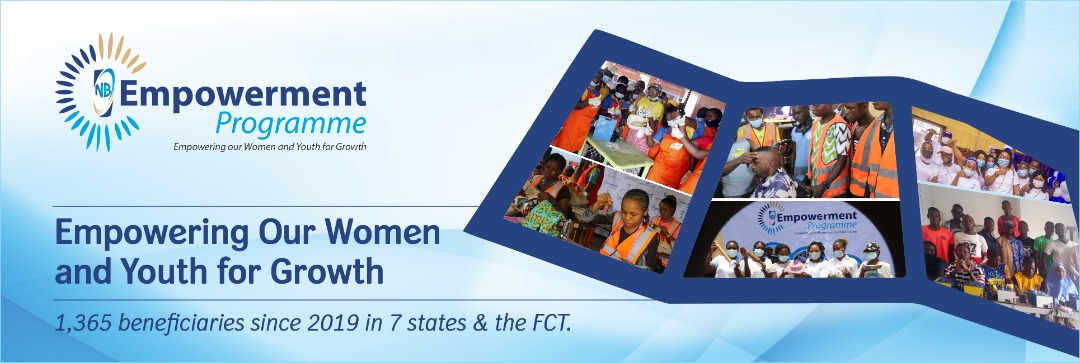The Economic and Financial Crimes Commission (EFCC), on Monday, urged Justice Chukwujekwu Aneke of the Federal High Court, sitting in Ikoyi, Lagos to dismiss the no-case submission filed by Abdullahi Babalele, a son-in-law to former Vice President, Atiku Abubakar.
Babalele was re-arraigned on Thursday, October 8, 2019, on a two-count charge, bordering on money laundering to the tune of $140,000.00.
One of the counts reads: “That you, Abdullahi Babalele, on or about the 20th day of February 2019 in Nigeria, within the jurisdiction of this Honourable Court, procured Basir Mohammed to make a cash payment of the sum of $140,000.00 (One Hundred and Forty Thousand United States Dollars) without going through a financial institution, which sums exceeded the amount authorized by the law and you thereby committed an offence contrary to Section 18(C) of the Money Laundering (Prohibition) Act, 2011 as amended and punishable under Section 16(2)(b) of the same Act.”
He pleaded “not guilty” to the charge preferred against him, thereby prompting his trial.
The prosecution, before closing its case against the defendant on November 25, 2020, had called two witnesses and tendered several documents that were admitted in evidence by the court in the course of the trial.
At the resumed sitting today, counsel to the defendant, Mike Ozekhome, SAN, brought a no-case submission, dated November 27, 2020, urging the court to hold that the defendant “has no case to answer at all to be called upon to enter any defence in the case.”
Ozekhome, in the application, also argued that the prosecution had not lent any credible evidence in support of the counts in the charge preferred against his client.
He, therefore, prayed the court to hold that “no prima facie case has been established in any way or manner against the defendant” and also urged the court to discharge him as prayed.
However, the prosecution counsel, U.U. Buhari, in his response, urged the court to dismiss the defendant’s no-case submission.
Buhari submitted that the prosecution had been able to link the defendant to the offence and, therefore, “has a case to answer.”
Justice Aneke, after listening to both parties, adjourned till December 21, 2020 for ruling on the defendant’s no-case submission.

















